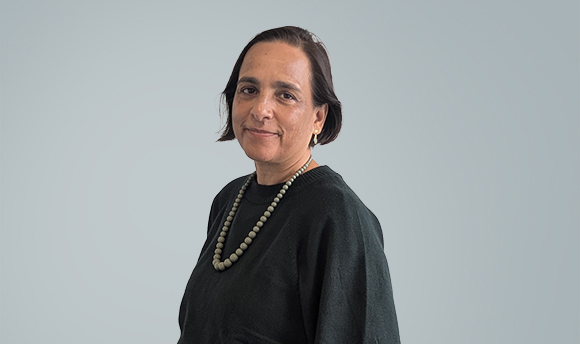Optimizing health systems to improve delivery of decentralised care for patients with drug resistant tuberculosis
Optimizing health systems to improve delivery of decentralised care for patients with drug resistant tuberculosis
(01 February 2016 - present)
Country: South Africa
Tuberculosis (TB) still remains a significant cause of disease and death globally. Unable to control this TB epidemic, many of the TB bacteria have become resistant to the main drugs used in treatment. This has led to strains of Drug-Resistant TB (DR-TB), i.e. TB that is resistant to at least one anti tuberculosis drug. DR-TB is much more difficult and more expensive to treat than normal TB.
With approximately 20,000 cases of DR-TB, South Africa contributes 15% of the world’s cases of DR-TB. In 2011, the National Department of Health set about decentralising DR-TB services i.e. transferring responsibility for treating DR-TB patients to a lower level of the health system so as to diagnose and initiate treatment more quickly, and provide treatment closer to patients’ homes. However, the decentralisation process has been initiated varyingly across the country with multiple models of care based on different interpretations of policy and contexts.
This project aims to understand the policy context, evolution and working models of decentralisation of DR-TB care in South Africa.
QMU's role in this project
Together with Professor Mark Nicol (University of Cape Town) and Dr Mosa Moshabela (University of Kwa Zulu Natal), Dr Karina Kielmann (IGHD) is a Co-Principal Investigator on the project. Karina advises on and guides the health systems research components. She will lead on the design and methodology for the realist evaluation study that will be undertaken to examine emerging models of decentralised DR-TB care in more depth, asking: what factors explain why some districts are better equipped to deliver patient-centred and effective care at lower levels of the health system?
- About this project
- Partners
- Funding
- Project objectives
- Project publications
The project has four distinct phases. The first phase involves a policy document review and key informant interviews, with policy, programme, and research stakeholders in the area of DR-TB.
In the second phase, we will utilize data on patient outcomes from existing patient cohorts to purposively select a sample of health districts across three provinces in South Africa. We will then conduct a facility process mapping exercise to identify different models of decentralized care. This data will help us to develop a theory of change regarding how different models of decentralised care are affecting provider and patient pathways.
In the fourth phase, we will conduct a realist evaluation to investigate the management and organisational context of working practices in the different models of care we identify. This data will inform recommendations for short to medium term feasible interventions to optimise current decentralization of services and to inform the development of a strategy to improve health services for patients with DR-TB in South Africa.
Supported by the Joint Health Systems Research Initiative (Wellcome Trust/DfID/MRC/ESRC.)
1. Characterise and clarify relevant health systems features pertaining to existing policy on decentralised care for DR-TB in South Africa. This would include aspects of: organisational structure, referral systems, integration with drug-susceptible and HIV services, financing mechanisms, human resources, infrastructure, accountability mechanisms and information systems.
2. Identify those features or types of decentralized care that are associated with (i) positive patient pathways to care, including measures of access (proportion of patients accessing care) and equity (profile of patients accessing care) and (ii) outcomes, including measures of quality of care (e.g., time to treatment and treatment success).
3. Understand the health systems context and mechanisms through which implementation of decentralized care enhances (or negatively impacts) patient pathways to care and outcomes.
4. Identify strategies, innovations and action areas to support health systems in health districts and facilities, in the short to medium term, in implementing optimal context-specific decentralized care for DR-TB.
August 2017 – Academic Chapter – Cox, H,, Dickson-Hall, L., Jassat, W, Moshabela, M., Kielmann, K., Grant, A,. Nicol, M., Black, J., Mlisana, K., Vanleeuw, L., Loveday, M., 2017. Drug-resistant tuberculosis in South Africa: history, progress and opportunities for achieving universal access to diagnosis and effective treatment. In: HST South African Health Review 2017. Chapter 15.
March 2017 – Academic Paper (Editorial) – Loveday, M. and Cox, H., Carpe diem (‘Seize the day’): Building on the findings of the 2015 World Health Organization evaluation of the multidrug-resistant tuberculosis (MDR-TB) programme to make the most of shortened MDR-TB treatment in South Africa. South African Medical Journal. Vol. 107., No. 3.
IGHD Project Enquiries
We welcome enquiries relating to current and prospective research.
See panel at the bottom of the page for all staff involved in this project.
Show Contacts